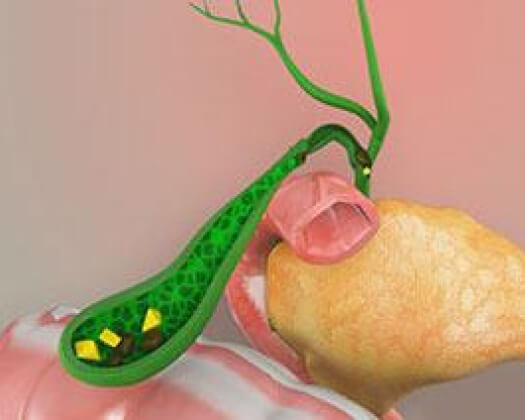Summary
Gallstones are small stones made from cholesterol, bile pigment, and calcium salts, which form in a person’s gall bladder. Individuals at risk of developing gallstones may experience symptoms such as abdominal pain, especially after meals, nausea, and indigestion. Diagnosis typically involves imaging tests like ultrasounds or CT scans, and treatment often requires surgical removal of the gallbladder to prevent complications.




